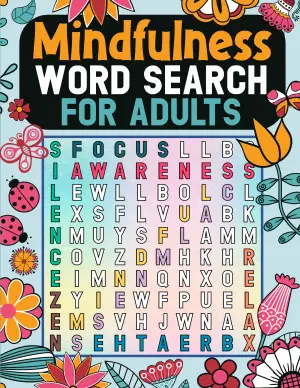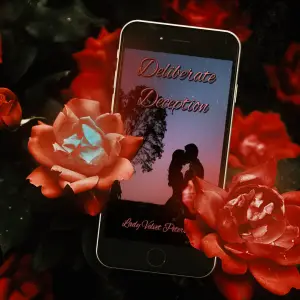Book Review: The Power of Now by Eckhart Tolle
As an avid reader with a penchant for spiritual literature, I was eager to dive into The Power of Now, particularly given its reputation as a transformative guide that has sold over 16 million copies worldwide. I’ve always been intrigued by the concept of mindfulness and how living in the present moment can lead to personal growth and spiritual awakening. With so many glowing reviews and endorsements, I felt compelled to discover for myself what insights Eckhart Tolle had to offer.
From the very first chapter, Tolle introduces readers to the crucial idea of enlightenment versus the mind—concepts that resonate deeply with anyone who has grappled with anxiety or emotional struggles. He compellingly outlines how we often become trapped in the narratives our minds create, which can lead to unnecessary pain. Tolle’s method of encouraging us to abandon our ego and instead focus on our “inner being” offers an enlightening perspective. Being able to "watch the thinker," as he puts it, allows us to step back and observe our thoughts rather than be consumed by them, which I found immensely liberating.
One of the book’s positive aspects is its ability to foster a sense of peace. Many readers, like Atreya, have shared how Tolle’s insights can lead to a transformative, almost healing experience—something I can genuinely attest to. His emphasis on present-moment awareness has indeed changed the way I perceive daily situations, shifting my focus from an anxiety-laden future to appreciating the "now." This aligns perfectly with Jane Shaw’s review, expressing how the principles laid out in the book can produce remarkable shifts in one’s perspectives on life.
However, not everything about The Power of Now is without its criticisms. Some readers, including those mentioned in the reviews, feel that the book’s religious undercurrents can be polarizing. Individuals like J. Rosenberg found value in adapting Tolle’s terminology to align with their beliefs, swapping terms like “God” for “Universe” to ensure the message resonated with them. This adjustment may be necessary for some but raises questions about accessibility for readers coming from various spiritual backgrounds. The depth of philosophical content can also be overwhelming at times. Although Tolle’s thoughts are profound, I found certain sections could benefit from clearer practical applications, especially for those new to spirituality or mindfulness practice.
Nevertheless, The Power of Now serves as an essential tool for anyone looking to deepen their understanding of themselves and their emotional landscapes. The journey towards enlightenment that Tolle embarks on is not just theoretical; it’s grounded in relatable experiences and challenges faced by many. As I progressed through the book, I felt a gradual and profound awakening—one that encourages continuous self-reflection and awareness.
In summary, Tolle’s masterpiece indeed lived up to my expectations as a lens through which to view my own mind and emotional state. The heart of the book lies in its encouragement to embrace living fully in the present moment, a lesson that can be life-altering for many, as echoed in Katie’s insightful review. While the philosophical aspects may pose challenges for some, the wealth of practical wisdom and transformative insights make The Power of Now a worthy read.
I wholeheartedly recommend this book to anyone seeking deeper peace, understanding, and personal growth. It’s a refreshing reminder that the most important moment in our lives is, quite simply, now. Whether you are struggling with emotional pain or simply curious about spirituality, this book is likely to offer valuable lessons and insights that can profoundly shape your journey.








